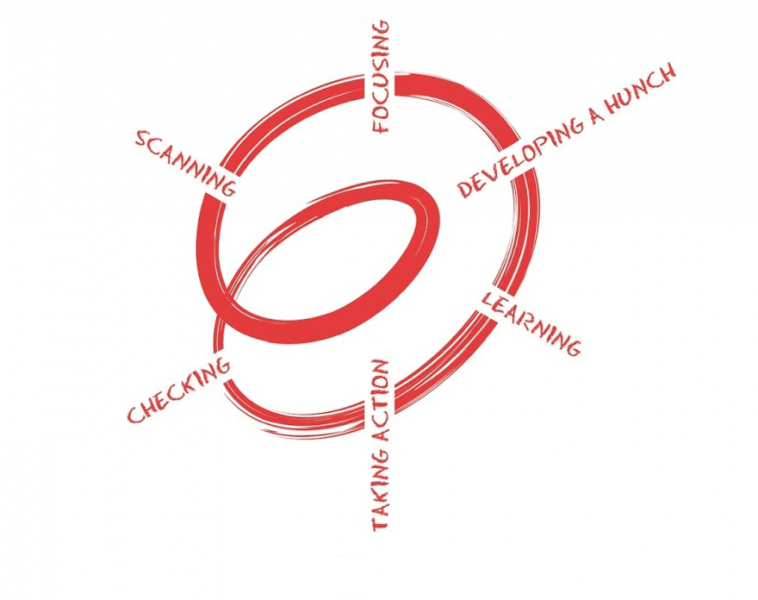The importance of student-led learning. As new teachers it can be difficult to understand why certain students are not engaging with us or the material that we are teaching. Apathy can develop quickly for students that feel they are being ignored or are struggling to connect with what is being taught or even how it is being taught. The spiral of inquiry is therefore an extremely important tool for us to be able to understand the problem and how to go about solving it. Before I make any judgements as to why a student is not engaged or does not want to participate, I first need to understand that not every student arrives to school on the same level as others. What I mean by this is that some students will arrive to class, and learning will be the last thing on their minds because their basic needs, such as food and a safe home life, might not be met. How can we expect a student who is worried about their next meal to engage with on the same level as students who have their basic needs met? I think we can try and level the playing field by having conservations with our students and inquiring about the reasons they might not be feeling up to learning. If we learn that a student is hungry then we can move forward and attempt to solve the issue by providing snacks or providing them with resources to be able to meet their needs. Placing our students at the forefront of their education and allowing them to shape (within reason) their learning goals by giving them agency could help to improve their willingness to learn. Recognizing individual differences and viewing them as a positive rather than a negative is also important to the spiral of inquiry. Humans are emotional beings (especially teenagers) so it is our responsibility as teachers to allow our students to express themselves in a safe and welcoming space. The ability to develop a hunch, learn, and then take action will allow us a better understanding of where our students are at and what might be the best way to help them out.
